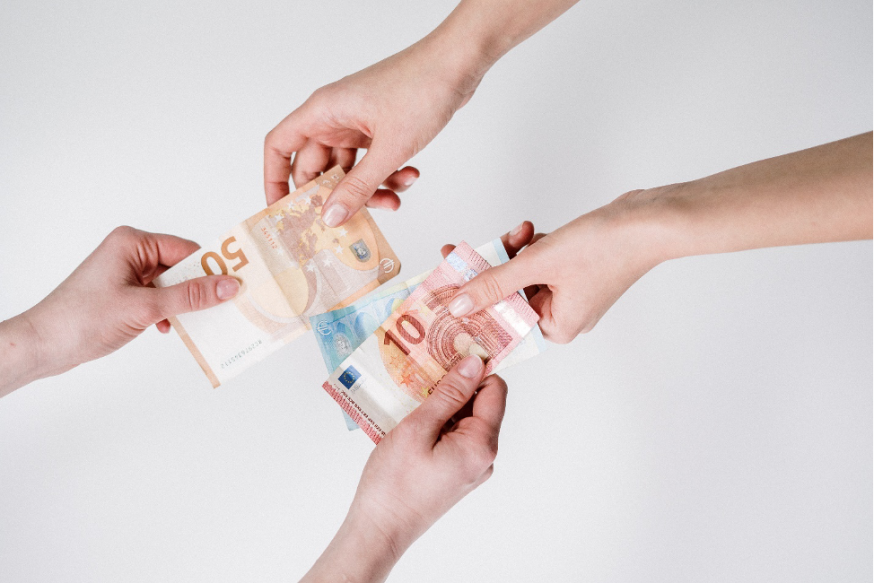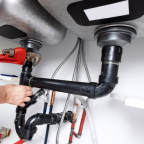Here's a list of Estonian tax incentives

There is a certain amount of profit that may be deducted from the total income – it is called tax incentive.
The tax incentive means that there is no need to pay a private person’s income tax rate of 20% from the occurred income. The main tax incentives generally used are the calculation of the basic exemption, the interest of the housing loan, education costs, presents and donations and the contributions in the funded pension or the contributions in column III.
Basic exemption is a generally applied basic exemption rate, which can be deducted of the total income. The maximum basic exemption is 500 EUR per month or 6000 EUR per year and is decreased according to the increase of annual income.
In addition, a private person is allowed to deduct from income the interests of the housing loan or lease taken with the purpose to acquire a house or an apartment. At the same time, it is possible to deduct the interests of one housing loan or lease taken with the purpose to acquire a house or apartment. Tax incentive upon the sale of real estate has to be focused on. Upon the sale of real estate the tax incentive can be used in case you sell your place of living.
The tax incentive can be used once in two years and only when real estate (e.g. an apartment) is used as a place of residence until its sale. In case the sale of an apartment takes longer, the Tax and Customs Board proceeds form the fact that the apartment was used as a place of residence until the beginning of the sales process. Quite often the apartment is leased until a purchaser turns up, but this way the option to use the tax incentive is immediately lost and you have to pay income tax on the sale of the apartment.
Tax incentive can be used on education costs. Education costs during the calendar year may be deducted from the total income if the education costs are paid to the educational establishments of the state or the local authority, a public university or in a private school registered in the Estonian Educational Information System. It is good to know that the expenses of the drivers’ courses of categories AM, A, B and sub-categories A1, A2, B1 can not be deducted. Concurrently, a person can not deduct more education costs than he/she has taxable income.
Tax incentive can be obtained from presents and donations when they are proved by documents. Presents and donations can be made with tax incentive confirmed by the Tax and Customs Board made to persons entered on the list of non-profit organisations, foundations and religious associations. When the people have received a present or a donation and sent the corresponding information to the Tax and Customs Board, the data concerning the present and donation made is entered in the pre-filled income tax return.
Besides that tax incentive may be allowed to the additional funded pension or the contributions into the III column. Contributions in column III may be deducted within 15% of the taxable income in Estonia, but not over 6000 EUR a year.
Tax incentives are subject to a certain order. At first the basic exemption is deducted from the taxable income, additional tax incentive to the parent and according to the Income Tax Act § 28², expenses within the sum of 1200 EUR (interests of the housing loan, education costs, presents and donations) and after that the contributions in pension column III are deducted.
As the tax incentive from the contributions in column III is obtained via the income tax return, it has to be considered when making contributions - whether after all deductions any income tax is left to be returned. In case the paid income tax return is already returned by other deductions, contributions in column III remain subject to taxation.
In case the entire tax incentive is not used within the year, it is good to know that tax incentive can be transferred also to the spouse’s income tax return. The general tax incentive can be divided only on condition the spouse did not have any income during the taxable period or the annual income remained under 2160 EUR. Under such circumstances the part of the unused tax incentive can be transferred to the spouse if the spouses’ annual income together does not exceed 50 400 EUR in a calendar year. The maximum sum transferred can be 2160 EUR.
Additional information about tax incentives is available on the homepage of the Tax and Customs Board www.emta.ee.













